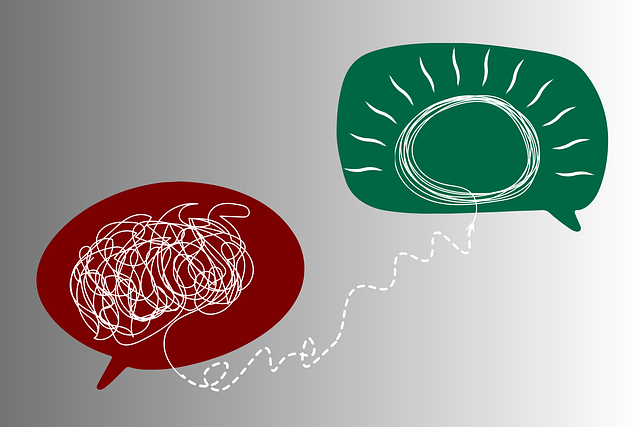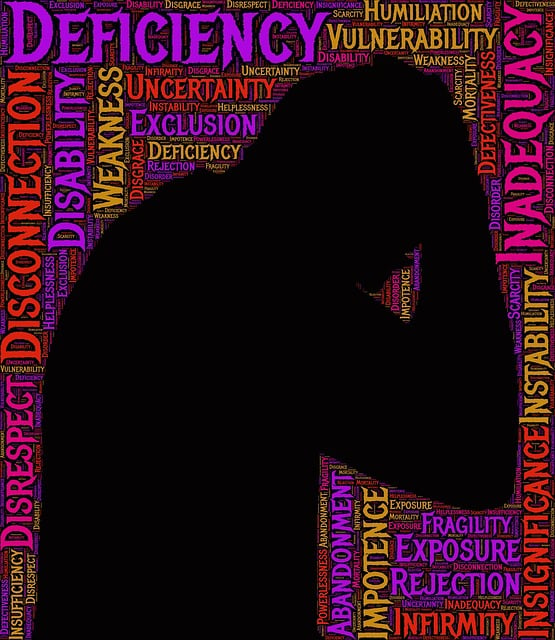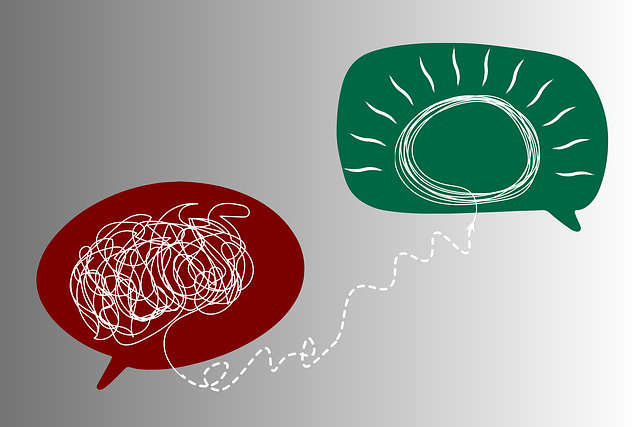Longmont Young Adults Therapy (LYAT) employs the RFM framework (Resilience, Flexibility, Motivation) to build mental strength in young adults facing challenges. Through structured workshops, evidence-based practices, and tailored support, LYAT enhances self-esteem, stress management, and overall well-being. Their resilience-building exercises, including mindfulness, cognitive reframing, and exposure therapy, equip individuals with tools to cope with trauma, stress, and anxiety while promoting work-life balance. Consistent practice and goal setting are emphasized for maximizing the benefits of these exercises, ensuring young adults in Longmont develop emotional agility to navigate life's challenges successfully.
“Resilience is a vital asset for navigating life’s challenges, especially for young adults. In this comprehensive guide, we explore the power of RFM (Recovery, Flexibility, and Mastery) as a framework for fostering resilience. Discover how targeted exercises can empower individuals to bounce back from adversity.
Longmont Young Adults Therapy offers a unique approach, utilizing specialized techniques to build resilience. From cognitive reframing to physical activities, we uncover diverse exercises that promote mental fortitude. Learn expert tips on implementation and tracking progress, ensuring a structured path to enhanced resilience.”
- Understanding RFM: A Framework for Resilience
- The Role of Exercises in Building Resilience
- Longmont Young Adults Therapy: A Specialized Approach
- Types of Resilience-Building Exercises
- Implementing and Tracking Progress: Tips from Experts
Understanding RFM: A Framework for Resilience

At Longmont Young Adults Therapy, we recognize that building resilience is a crucial aspect of overall well-being, especially for young adults navigating life’s challenges. The RFM (Resilience, Flexibility, and Motivation) framework serves as an effective guide to enhancing resilience. This approach focuses on fostering adaptability in the face of stress, adversity, or traumatic events. By understanding one’s resources, strengths, and coping mechanisms, individuals can develop a stronger mental shield against life’s storms.
The RFM model encourages young adults to identify and utilize their inherent resources, such as strong social connections and personal values, to build resilience. It also emphasizes the importance of flexibility in thinking and behavior, enabling them to adapt to changing circumstances. Through structured activities and exercises, our Stress Management Workshops Organization assists participants in improving self-esteem and enhancing their ability to manage stress effectively. This proactive approach is a game-changer for those seeking to strengthen their mental health and overall resilience, ultimately empowering them to lead more fulfilling lives.
The Role of Exercises in Building Resilience

Resilience is a crucial asset for navigating life’s challenges, and exercises designed to build this trait play a pivotal role in Longmont Young Adults Therapy. These activities are tailored to help individuals cope with stress, trauma, and depression, offering them tools to persevere through difficult circumstances. By engaging in structured resilience-building exercises, young adults can develop mental fortitude, enhancing their ability to adapt and bounce back from setbacks.
In the context of Burnout Prevention Strategies for Healthcare Providers, these exercises are invaluable. They foster self-care practices that prevent emotional exhaustion and promote a healthy work-life balance. Moreover, Trauma Support Services often incorporate resilience-building techniques to aid in healing and recovery, empowering individuals to reclaim their lives after traumatic events. Such interventions contribute significantly to the overall well-being of young adults, preparing them to confront life’s obstacles head-on with enhanced resilience.
Longmont Young Adults Therapy: A Specialized Approach

Longmont Young Adults Therapy offers a specialized approach tailored to the unique needs of young adults navigating life’s challenges. This therapeutic model recognizes that this demographic often faces distinct issues such as identity formation, academic pressures, and transitions into adulthood, requiring a different perspective compared to traditional therapy settings. By employing evidence-based practices and adaptive techniques, therapists create a supportive environment that encourages exploration and growth.
The program incorporates various exercises designed to enhance mental wellness, including mindfulness practices, cognitive reframing, and resilience-building activities. These strategies empower young adults with the tools to manage stress, improve self-awareness, and cultivate confidence, as highlighted in the Mental Wellness Podcast Series Production. Through individual and group sessions, participants develop coping mechanisms that promote emotional well-being and foster a sense of belonging, ultimately supporting their journey towards personal growth and success, much like the development of Mental Wellness Coaching Programs.
Types of Resilience-Building Exercises

Resilience-building exercises play a pivotal role in empowering individuals, especially young adults navigating life’s challenges. These activities are designed to fortify an individual’s ability to cope with stress, adversity, and uncertainty, fostering a sense of emotional agility and well-being. At Longmont Young Adults Therapy, we offer a range of evidence-based practices tailored to strengthen resilience.
One such approach involves exposure therapy, gradually exposing individuals to feared situations or memories in a safe environment, helping them manage anxiety relief and develop effective coping strategies. Enhancing communication strategies is another key focus; teaching active listening, assertiveness, and emotional intelligence enables young adults to build strong relationships and navigate social interactions with confidence. Through these exercises, individuals gain the tools to recognize and regulate their emotions, fostering a sense of control and empowering them to face life’s challenges head-on.
Implementing and Tracking Progress: Tips from Experts

Implementing resilience-building exercises is a powerful step towards enhancing mental health and well-being, especially for young adults navigating life’s challenges in Longmont or beyond. According to experts, consistent practice and measurable tracking are key to reaping the benefits of these exercises. One effective strategy is to set clear goals aligned with the desired outcomes, whether it’s improving stress reduction methods, fostering better coping mechanisms, or enhancing overall mental health awareness. Regularly assessing progress through self-reflection or feedback from professionals can provide valuable insights into what works best for each individual.
For instance, a risk assessment for mental health professionals might guide young adults in identifying personal strengths and areas of improvement. By combining these insights with expert guidance, individuals can tailor their resilience-building routines effectively. This continuous monitoring allows them to adapt practices, ensuring that stress reduction methods remain relevant and impactful over time.
Resilience is a vital asset for navigating life’s challenges, especially for young adults. As discussed, the RFM framework offers a structured approach to understanding and building this strength. Longmont Young Adults Therapy exemplifies a specialized method that combines exercises tailored to individual needs. By incorporating diverse activities from tracking progress to specialized therapy, individuals can enhance their resilience, ensuring they are equipped to handle life’s complexities with confidence.











